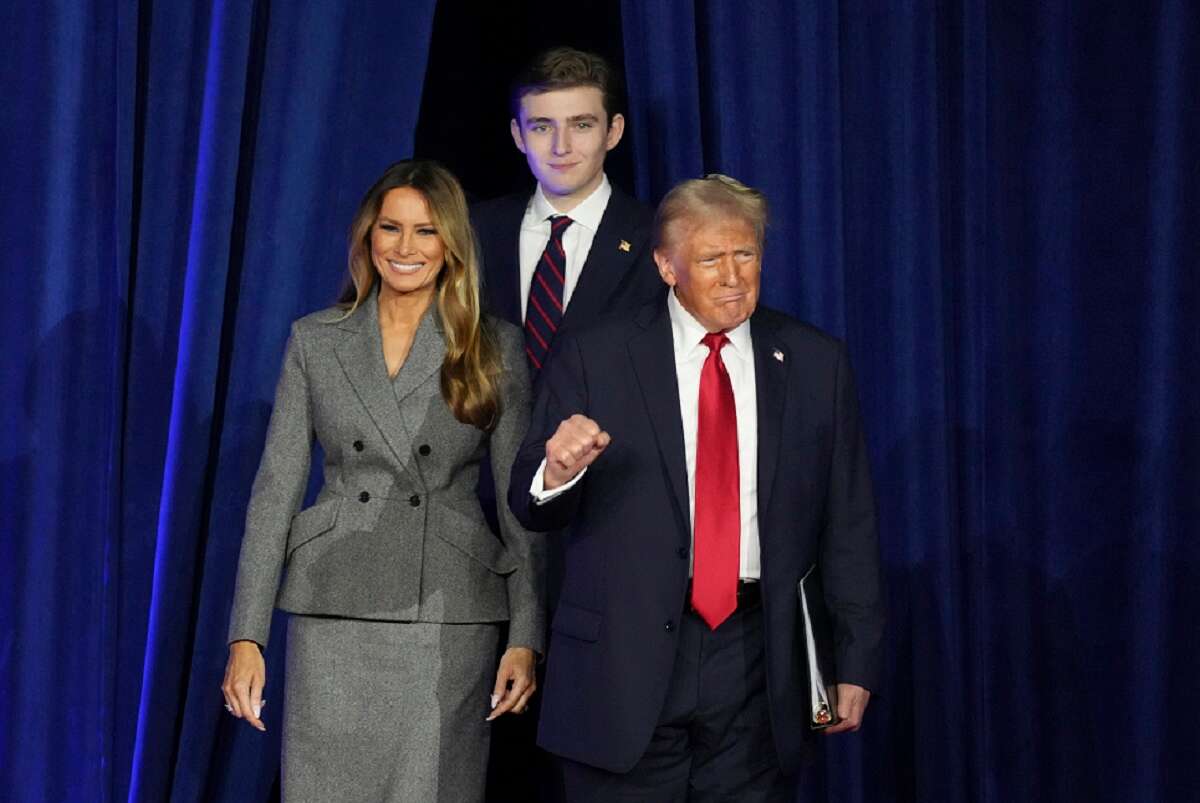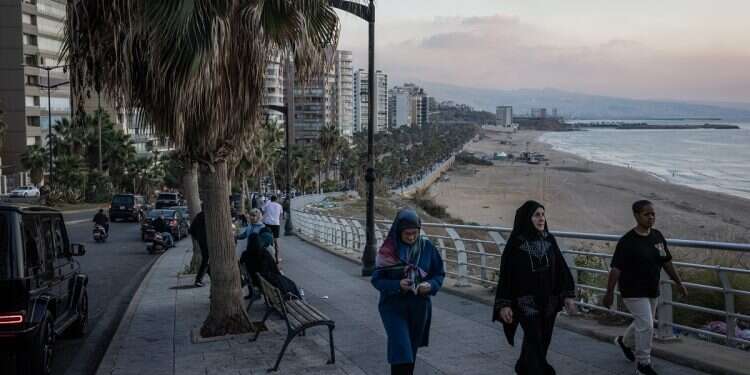A Lebanese citizen, speaking to Israel Hayom on condition of anonymity, expressed cautious optimism about former President Donald Trump's potential return to power, suggesting it could lead to peace initiatives and efforts to counter Iran's influence in the region. The remarks come amid increasing domestic criticism of Hezbollah's role in the ongoing war with Israel.
Opposition leaders are intensifying calls for the group's disarmament, while the Lebanese government increasingly discusses implementing UN Security Council Resolution 1701, which calls for deploying the Lebanese army throughout the country's southern region.
"Life has somewhat improved recently," the resident reports. "We've remained in our town throughout the 13 months since the Oct. 7 attacks. While I managed to stay in my city with basic necessities, educational institutions ceased operations and businesses shuttered. The situation has been challenging – Hezbollah's attacks disrupted our daily lives, and Israel's responses created uncertainty about the war's trajectory."

Describing the local impact, he notes: "Attacks against Israel originated from nearby Shiite towns. These areas have tragically transformed into dangerous military zones. Israel's responses were intense, causing substantial damage and powerful explosions. The ongoing situation has left us exhausted and deeply concerned.
"The war's impact has been severe, as I mentioned. Beyond the closure of schools and businesses, we faced real danger. At times, even basic necessities like food and flour for bread became scarce, and travel to Beirut became impossible."
He elaborates: "Israeli air operations periodically block crucial roadways, hampering movement between southern Lebanon and Beirut. The Israeli Defense Forces continue to warn against southward travel.
"At present, food supply routes remain operational through a coordinated effort involving the Lebanese army, UNIFIL forces, and the Israeli military."
The resident describes varying regional perspectives on the conflict, noting significant opinion divides. While peace advocates push for a ceasefire, others support continued Israeli action. He acknowledges Hezbollah's ongoing support base, particularly among Lebanon's Shiite population.
Addressing Hezbollah's decision to support Hamas, he states: "We oppose Hezbollah's choice to assist Hamas. Many Lebanese believe Hezbollah unilaterally decided to enter this war, disregarding the wishes of the broader Lebanese population."
Regarding potential resolution paths, he suggests: "Israel should work to halt Hezbollah's military operations while simultaneously pursuing diplomatic channels with the Lebanese government to establish peace and security frameworks."
On shifting political attitudes, he observes: "An increasing number of politicians now urge Hezbollah to end this destructive war that has devastated Lebanon. These voices grow stronger daily, demanding Hezbollah's compliance with Resolution 1701."
Asked about his hopes for both nations' future, he concludes: "Seeking peace between our countries comes naturally to me. Such a solution would provide security and promise a better future for our children."




